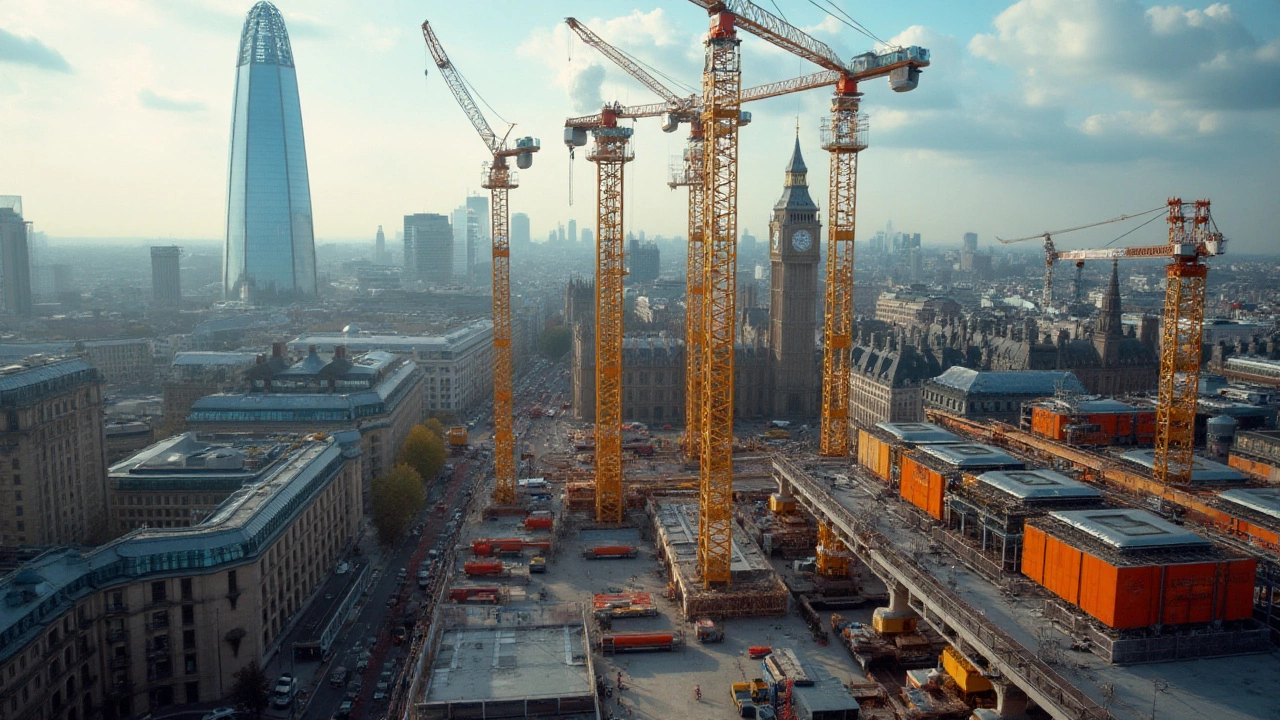A Tier 1 contractor is a leading player in the construction industry, typically handling large-scale and complex building projects. These contractors are recognized for their vast resources, extensive experience, and ability to manage entire projects from concept to completion. They often work on government contracts and major infrastructure, bringing in a high level of expertise. Understanding what makes a Tier 1 contractor stand out is crucial for anyone involved in large-scale construction projects.
Tier 1 Contractor: What It Means and How to Choose the Best
When you hear "Tier 1 contractor" you expect the highest level of skill, safety, and reliability. It’s not just a marketing label – it signals that a builder meets strict industry standards, has solid insurance, and can handle complex jobs like Type D construction or major foundation repairs.
Knowing the difference helps you avoid costly mistakes. A Tier 1 contractor will follow the latest building codes, use proven raw materials like concrete, steel, and timber, and keep a clear line of communication throughout the project.
Key Standards for Tier 1 Contractors
First, look for certifications that prove the firm complies with fire‑safety and structural rules. In the UK, this often means holding a CSCS card, a valid ISO 9001 quality system, and full coverage for on‑site accidents.
Second, the contractor should demonstrate a track record with projects that need high‑performance materials – think stone, brick, or modern composites that last decades. Articles like "Longest Lasting Materials for House Construction" illustrate why durability matters.
Third, a Tier 1 contractor knows how to manage building settlement. Understanding how long a new build takes to settle, as explained in "How Long Should You Wait for a New Building to Settle?", protects you from future cracks and structural issues.
Finally, the firm must be transparent about costs. Whether you’re budgeting for a loft conversion, kitchen fitting, or a whole‑home makeover, a Tier 1 contractor provides clear per‑m² rates and explains any extra charges up front.
Practical Tips When Selecting a Tier 1 Builder
Start by asking for references on similar projects. If they’ve handled roof‑to‑floor loft conversions or major foundation repairs, you’ll get a sense of their problem‑solving skills.
Check their insurance policies. Topics like "Homeowners Insurance and Broken Pipes Under the Foundation" show that many owners miss coverage gaps. Make sure the contractor’s policy includes water‑damage and structural failures.
Ask about their approach to site safety. Tier 1 firms follow the 3‑4‑5 method for perfect corners and use proper scaffolding, reducing the risk of accidents.
Don’t forget to discuss timelines. Knowing the typical settlement period and construction phases helps you plan moves, furniture storage, and decorating.
Finally, trust your gut. A contractor who listens to your ideas about kitchen layout, bathroom accessories, or storage solutions – like the "Cheapest Storage Solutions" guide – shows they’ll work with you, not just for them.
Choosing a Tier 1 contractor is an investment in peace of mind. By checking certifications, insurance, past work, and communication style, you set the stage for a smooth build that stands the test of time.
